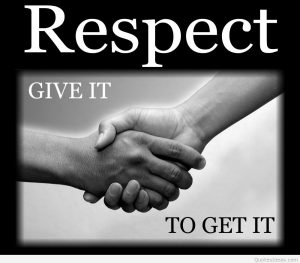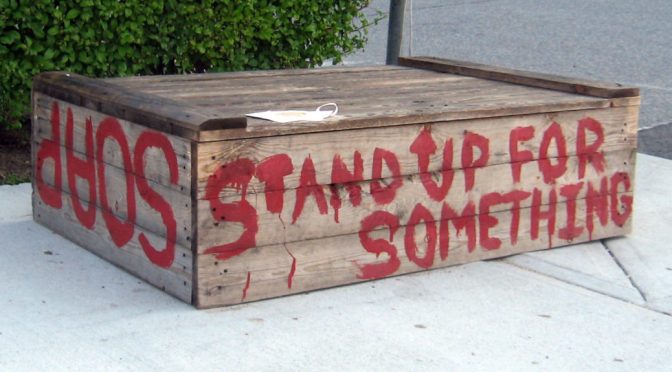Call it advertising Jujitsu. We’re missing out on a great opportunity to turn web tracking to our advantage. We’re all used to the experience. You start online shopping for your Aunt’s birthday and within minutes, your entire Facebook feed is replete with ads for knitting supplies. You don’t see much else until it’s your daughter’s birthday, and then you can enjoy One Direction ticket offers for awhile.
We spend a lot of energy fighting these ads by opting out from web advertising, subscribing to ad blocking software, or pruning our Facebook interests. But it’s a ever-escalating arms race between advertisers and consumers.
What if, instead, we turned all this tracking to our advantage, stopped fighting, and started aspirational searching?
I hit upon this idea recently while wish-list searching for tube-based guitar amplifiers. Classic rock tone, harmonic distortion, and expensive. But seeing my web feeds fill up with all manner of tube amplifiers, electric guitars, and accessories, made me wonder if we couldn’t re-decorate our timelines and sidebars with more positive wallpaper.
I don’t mean just better consumer goods: Tesla Model S’s, luxury yachts, or designer fashion labels (unless that’s your motivation.) I’m thinking more along the lines of things to remind us that there’s a world beyond the keyboard: hiking trails, vacation retreats, great literature, sporting goods, healthy gourmet dining, art exhibits, or whatever will show you a better window to look out from your keyboard.
Give it a try. Spend some time digging around on shopping sites for things beyond consumer goods, and share in the comments if you’ve hit upon a great keyword phrase (e.g., peaceful retreats usa) for us to try. Maybe I should call it anti-aspirational web searching.
Image Credit: ukgardenphotos, Leonardslee Gardens, West Sussex, England (cropped from original)







